発表者紹介 / Presenters
* * *
Cluster1 歴史・文化 / History & Culture

Paul Kreitman
コロンビア大学 / Columbia University
助教 / Assistant Professor
"Staging Habitability in the South China Sea:The Spratly Island Dispute in Historical Perspective"
How do we define what makes an island a suitable platform for habitation? International law places great importance on definitions of habitability, both in the past and in the present - using it as a metric by which to measure sovereign claims to territory. But habitability itself is a slippery concept for at least two reasons. Firstly, islands are inevitably connected with the seas that surround them, and with the wider world beyond that. Their habitability is therefore often dependent on wider social, economic and environmental changes. Secondly, legal regimes themselves have the power to make islands habitable or inhabitable, because they incentivise claimants to 'perform' habitation upon islands as a means of claiming them and their resources.
I illustrate these paradoxes with reference to the island of Itu Aba/Taiping-dao/Nagashima, part of the hotly-contested Spratly Island group in the South China Sea. Itu Aba is currently occupied by the Republic of China (Taiwan), but Taiwanese claims to the island date to the Japanese colonial period when the Osaka-based Rasa Island Phosphate Company opened a guano mine there. Although the mine only ever operated intermittently, the company consistently played up Itu Aba's potential as a colonial settlement in order to secure government backing for its venture. Indeed propaganda produced during the colonial period was recently recycled to support Chinese territorial claims to the South China Sea.
Paul Kreitman is assistant professor of 20th century Japanese history at Columbia University. His monograph, Japan's Ocean Borderlands: Nature and Sovereignty, is due out next year with Cambridge University Press. His writing has appeared in Environmental History, The Japan Times, Toyo Keizai Online and The Financial Times. For more detail see https://www.paulkreitman.net/.
岩﨑義則
九州大学 / Kyushu University
准教授 / Associate Professor
"Reconstruction of clan identities at the end of the Edo period -The Case of Matsura Hiromu松浦熈, Lord of HiradoClan."
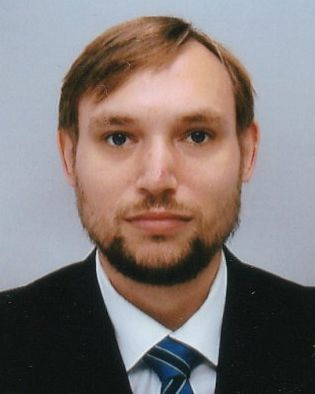
Sven KRAMER
九州大学 / Kyushu University
助教 / Assistant Professor
"Municipal Mergers on Tsushima and Local Identity"
Japan conducted three nationwide municipal merger programs since 1889. Those reduced the number of municipalities in Japan from more than 70,000 in 1888 to the current number of 1718 which was reached in 2014. The three merger programs are the “Great Meiji Mergers” (1889), the “Great Showa Mergers” (1950s), and the “Great Heisei Mergers” (2000s). Municipal mergers are a form of boundary reform that restructures the political and administrative units of local communities and wield a significant impact on those communities.
The people that are the members of these communities may have a more or less strong identification towards their place of origin or residency. This sense of identification is called local identity. In this regard outlying islands are of special interest. They are geographically isolated from other land masses and may be either functioning as a hub or be completely isolated, depending on their location on the map in relation to other land masses and routes of trade and migration.
The Japanese island of Tsushima in the Korean Strait is one of those islands. It lies right in the middle of the shortest route between Korea and the Japanese mainland and served as a hub between these two countries since prehistoric times. Furthermore, the island enjoyed a relative strong inner autonomy from the central Japanese government for several centuries as one of the premodern and early modern fiefdoms (han) under rulership by the Sō family. Since 1872 it belongs to Nagasaki Prefecture.
The 119 settlements that are scattered across the island were organized into eight units called gō. Those were abolished in the early 1870s. In 1908 the settlements were merged into 12 modern municipalities (one of those was split into two in 1912, raising their number to 13), and those were merged into six municipalities in 1955 and 56. Since 2004 all of Tsushima is administered by only one municipality, Tsushima City. This presentation explores the historical background of Tsushima that shaped its local identity and seeks to discuss the influence this local identity had on the municipal mergers on the island.
Sven Kramer is Assistant Professor at the Faculty of Humanities, Kyushu University. He focuses his research on the history of municipal mergers in modern Japan and has especially intensively researched about the “Great Showa Mergers”. For his PhD research he analyzed how the local identity of residents in four different municipalities has shaped the opinion on municipal mergers. he received his PhD from Kyushu University in 2017 and has published his PhD thesis as a monograph in early 2020, titled “Shōwa no daigappei” to jūmin kizoku ishiki [The “Great Showa Mergers” and Local Identity] (Kyūshū Daigaku Shuppankai). In recent years he has continued research on the “Great Showa Mergers” in Mizuma County, Fukuoka Prefecture and has also started a new project researching the history of municipal mergers in Korea under Japanese colonial rule.
Cluster2 空間・社会 / Space & Society
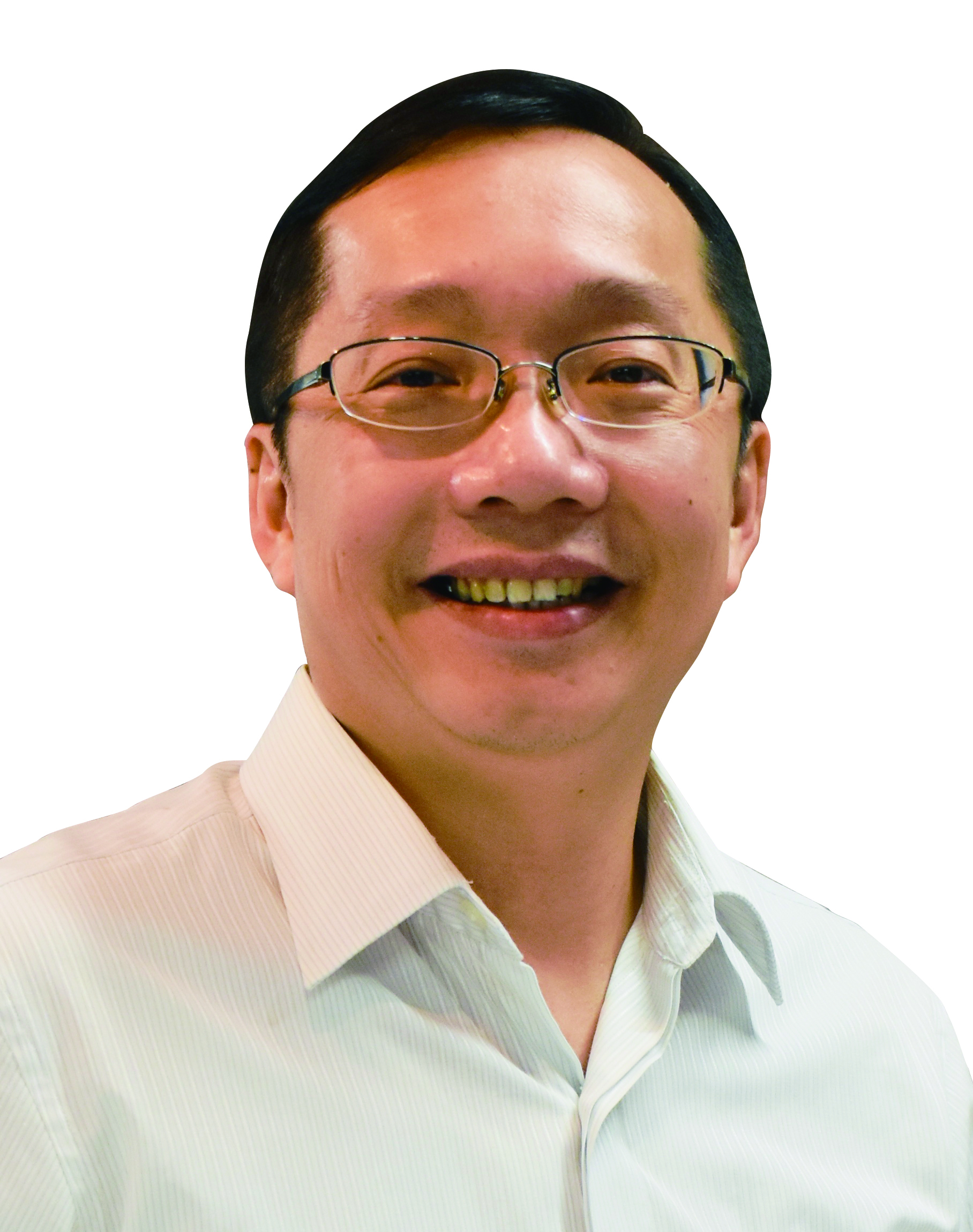
Tzu-Bin LIN
国立台湾師範大学 / National Taiwan Normal University
教授 / Professor
Education Policy and Leadership, Media Literacy, TESOL
"The Rise of Bilingualism and Bilingual Education on a Multicultural Island: The Case of Taiwan"
Since the dawn of Taiwan’s history, it is a multicultural island. Various ethnic groups occupied and encountered on this island. As Liu & Lin (2011) addressed, the language policy in the late 20th century to the early 21st century has revealed the struggle of constructing a Taiwanese identity through language policies during the first DPP government. At that time, the focus was on promoting the status of local languages, the different dialects of Han Chinese and the languages of aborigine people. In the rhetoric of the central government, multiculturalism is one of the key terms.
However, in 2018, the second DPP government proposed the idea of making Taiwan a bilingual nation by 2030. The two languages in this policy blueprint are Chinese and English while the local languages are not in this policy discourse. Improving the English proficiency among Taiwanese citizens is viewed as a major means of making Taiwan more competitive in the world. It shows the vision of a more internationalized Taiwan. Choosing English is because it is the lingua franca. Meanwhile, the status of various local languages is inscribed in the Development of National Languages Act. Two different policy discourses of language are emerging in Taiwan. One aims at internationalization; the other maintains diverse cultural identities through making ‘all the natural languages and sign languages used by the different ethnic groups in Taiwan’ the national languages. These two policy discourses both have serious impacts on formal schooling. The Ministry of Education (MOE) started its grand plans to make schools (from primary to senior high) and universities (both undergraduate and post graduate) bilingual in 2021. In the first year of promoting bilingual teaching, more than 200 primary and junior high schools, 60 senior high schools, and four universities and 41 colleges in 25 universities are becoming bilingual. However, as Lin (2021) indicates, the biggest challenge of this policy practice is lack of sufficient teachers who are capable of instructing subject content in two languages. Consequently, in 2022, the MOE has to promote local languages education in all pre-university level of schooling because of the legal requirement under the Development of National Languages Act. It is the same issue that there is not enough capable teachers to teach local languages. While all the schools are struggling in getting qualified teachers to do bilingual subject teaching and local languages teaching, a crucial issue that should not be ignored requires more attention. These two language education policy discourses have different influences on the formation of identity. What is the consequence when internationalisation encounters multiculturalism? Whether these two discourses are complementary or contradictory each other is still open for more discussion.
Reference
Lin, T.-B. (2021). The Root of Bilingual Education: Exploring the Key Elements and Design of Bilingual Subject Teacher Training. In Hung, R. (Ed.) Teacher Education 2030 (pp. 153-174). Taipei: The Association of Teacher Education ROC.
Liu, M. & Lin, T.-B. (2011). Multicultural education in Taiwan: a reflective overview. In Grant, C. A. & Portera, A. (Eds.), Intercultural and Multicultural Education: Enhancing Global Interconnectedness (pp. 157-176). New York: Routledge.
Professor Tzu-Bin Lin works in the Department of Education and serves as Associate Vice-President for Academic Affairs at National Taiwan Normal University (NTNU) and head of the Center for Teaching and Learning Development (CTLD). Prior to his current position in NTNU, he was the full-time learning researcher at Bournemouth University in the UK and assistant professor in the Policy and Leadership Academic Group in the National Institute of Education (NIE), Singapore (2009 to 2013). Prof. Lin was a visiting professor at the Faculty of Education, Kyushu University, Japan. He is an adjunct professor at the Education University Hong Kong. His research interests are in education policy and leadership, media literacy, comparative education, multicultural education and language policy. He is editorial board member in several international journals such as Asia TEFL (SCOPUS) and Journal of Educational Research and Development (TSSCI). In the past decade, Prof. Lin published more than 50 papers and book chapters and conducted more than thirty research projects in the UK, Singapore and Taiwan. His most recent publication is a book on bilingual education in Taiwanese context.
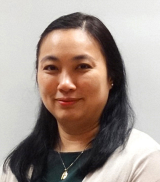
Ivy Maria LIM
南洋理工大学国立教育学院 /The National Institute of Education, Nanyang Technological University
准教授 / Associate Professor
"Singapore: Creating the Singaporean through Citizenship Education"
Singapore is well-known for her cultural and religious diversity which stands as a defining feature of her status as both a multicultural island and a cosmopolitan global city. Since 1965, Singapore has defined herself as a multiracial society and has sought to uphold and maintain ethnic and religious harmony through the essentialized CMIO (Chinese, Malays, Indians and Others) framework that is applied in various aspects of Singaporean life. At the same time, the Singapore state in 1965 was also faced with the task of creating citizens out of the disparate groups of people that formed the Singaporean society, bearing in mind the geopolitics of the region. This paper will look at the ways in which the Singapore state has carried out citizenship education on the island, seeking to create a Singaporean identity that transcends the primordialism of race and religion. It will also offer a look at some of the issues surrounding ethnicity, religion, and identity that have surfaced in recent times which call into question the validity of the long-standing CMIO framework.
Ivy Maria Lim is Associate Professor and Head of the Humanities and Social Studies Education Academic Group in the National Institute of Education, Nanyang Technological University, Singapore. She was awarded the NIE Overseas Graduate Scholarship to pursue her doctoral studies at the University of Oxford and obtained her PhD in Modern History, specializing in Japanese piracy and lineage development in 16th century China. Dr. Lim holds a Post-graduate Diploma in Education (Credit) from NIE, NTU, and a Master of Arts (Research) in History from NTU. She also holds a Bachelor of Arts (Second Upper) in History from the National University of Singapore.
Dr. Lim teaches courses in Singapore history, Chinese history and women’s history for undergraduate and post-graduate students in NIE. She is also actively involved in the teaching of Primary Social Studies to pre-service and in-service teachers in Singapore and is instrumental in the conceptualization of the “Singapore Kaleidoscope” course which is now a key component of NIE’s values-based education suite of courses. Dr. Lim has been awarded the University’s Excellence in Teaching Commendation twice.
Dr. Lim has also served as a member of the expert panel for UNESCO’s “Promoting Intercultural Dialogue and a Culture of Peace in Southeast Asia through Shared Histories” project since 2013. As a member of the Technical Advisory Committee for the same project, she was also involved in the writing of curriculum materials for the project. Dr. Lim has also served as a member of curriculum review committees for Lower Secondary History with the Ministry of Education, Singapore. She has, however, continued to focus her publications on Chinese history, while working on interdisciplinary projects that sought to blend history and geo-spatial technologies, as well as heritage and culture in Singapore.

Edward VICKERS
九州大学 / Kyushu University
教授 / Professor
"One country, one system, one culture: the educational implications of Hong Kong’s new National Security Law"
The implications of Hong Kong’s National Security Law (NSL), which came into force in July 2020, are still being worked out in many spheres of life in this ‘Special Administrative Region’ of the People’s Republic of China. Education has been a major focus of measures relating to the new law. During the protests of 2019-2020, schools and universities were widely blamed by the mainland and pro-Beijing press for fomenting seditious sentiment among Hong Kong youth. In the aftermath of those protests, the NSL has mandated an overhaul of school curricula and educational governance designed to ensure the inculcation of patriotism and absolute loyalty to China’s Communist regime. In this paper, I discuss the measures that have been introduced under the auspices of the NSL, and the ways in which these have been presented or justified by the local and national authorities. I argue that Hong Kong’s cultural distinctiveness has in fact never been acknowledged by Beijing, and that this partly explains the chronic tension that has bedeviled Hong Kong-mainland relations. The latest legal and educational measures go further than ever before in delegitimating any conception of ‘Hongkongeseness’ as a distinctive form of Chineseness, seeking instead to represent Hongkongers as sharing in a monolithic Han identity. Rather than assuaging conflict and tension within Hong Kong society and with the mainland authorities, this is likely only to entrench and exacerbate alienation and resentment.
Cluster3 産業 / Industry
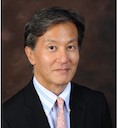
星野 裕志
九州大学 / Kyushu University
教授 / Professor
"Revitalization of Communities in Remote Islands"
Island communities and travel related industries have severely suffered from the drastic decrease in the number of tourists for the last two years.
To revitalize communities and local businesses after Covid-19, it is necessary to promote inbound
tourism which bring in local consumption,
employment opportunities, preservation of local
culture and nature as well as more investment in
facilities and transportation in islands.
Through past two Industry-University Cooperation
projects, it was found that activities and programs
should be designed to respond to the interest and
preference of the target visitors and provide necessary
and useful information in their own languages.
Our latest project aims to provide foreign tourists
with unique opportunities for stay-like-living,
learning and culture exchange through Long-stay
program.
Our project in Amami-Oshima and other remote
islands could be applied to any tourist destination
to attract potential visitors.
慶應義塾大学法学部政治学科卒業。米国ジョージタウン大学経営大学院修了。日本郵船(株)、神戸大学経営学部・経済経営研究所助教授を経て、2003年より、九州大学経済学研究院(ビジネススクール)教授。九州大学ユヌス&椎木ソーシャル・ビジネス研究センター長。神戸大学・タイ国立Mae Fah Luang大学客員教授。
専門は、国際経営および国際ロジスティクス。日本海運経済学会会長、国際ビジネス研究学会・多国籍企業学会理事。阪神・淡路大震災後に、神戸にNPOおよびNPOマネジメントスクールを設立し、ソーシャル・ビジネスの立ち上げやサポートを含めて、コミュニティを基盤とした市民活動などに従事。最近は日本企業の開発途上国市場参入の方法として、社会的課題の解決に貢献するビジネスを研究。福岡市と九州の離島5島(壱岐、対馬、五島、新上五島、屋久島の連携による5年間の地域活性化プロジェクトのアドバイザー。2019年に国立台湾師範大学と奄美イノベーションとの産学連携による奄美大島のインバウンド客誘致のプロジェクトを実施し、今後3年間九州各地で展開予定。
Professor of International business at the Faculty of Economics and Managing Director of Yunus and Shiiki Social Business Research Center, Kyushu University. Visiting Professor at Kobe University and Mae Fah Luang University in Thailand. President, Japan Society of Shipping & Logistics Economics
Graduated from Faculty of Law, Keio University, and Graduate School of Business, Georgetown University. After working at Nippon Yusen Co., Ltd., serving as assistant professor at School of Business Administration and at the Research Institute of Economics and Business, Kobe University, assumed his present position in 2003.
In response to the Great Hanshin Earthquake in Jan. 1995, he has been contributing to the Kobe society through various community development activities for over 20 years and engaged in creating and supporting various sort of social businesses in Kobe.
He has also served as an advisor to the project on Revitalization of Communities by the alliance of Fukuoka City and five islands in Kyushu.

Karen Ann B. Jago-on
フィリピン大学 / University of the Philippines
教授 / Professor
"Social Acceptability of Micro Hydropower in Laguna, Philippines"
Dr. Karen Ann B. Jago-on is Professor at the University of the Philippines School of Urban and Regional Planning and a Licensed Environmental Planner. She has been awarded several research grants on topics such as environmental and socio-economics, urban planning, and resource management. Her work has appeared in academic journals including Science of The Total Environment and Journal of Hydrology: Regional Studies.
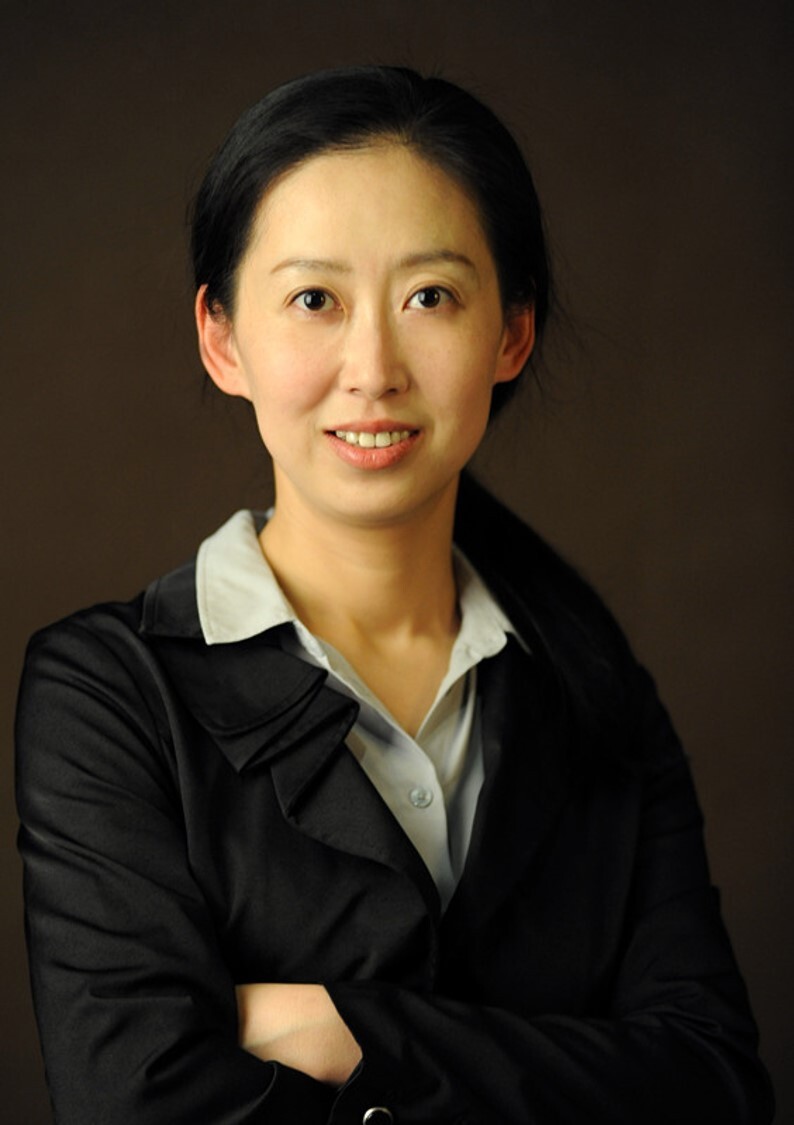
Jing Li
南昌大学 / Nanchang University
准教授 / Associate Professor
"Spatial Effects of Economic Performance on the Carbon Intensity of Human well-being"
Jing Li, associate professor in School of Business, Nanjing Normal University. Li obtained a bachelor's degree in Xidian University in 2004 and a master’s degree in Engineering in Xidian University in 2007. Then she graduated from School of Economics and Management in Nanjing University of Aeronautics and Astronautics in 2010, majoring in management science and engineering, and received a doctor’s degree in management. She has been teaching at the School of Business in Nanjing Normal University since 2011.
Associate professor Li Jing has long been engaged in the research of regional innovation management and spatial econometric. She has published over 20 papers in various authoritative academic journals, as Management World, Management Review, R&D Management, China Economic Studies, Systems Engineering, China Population Resources and Environment, The Journal of Quantitative & Technical Economics, Journal of Finance. She is also the anonymous reviewers of periodicals for China Economic Quarterly, South China Journal of Economics, China Science & Technology Resources Review and other journals. She is currently in charge of one National Natural Science Fund project, and engaged in other four projects in National Natural Science Fund projects and National Social Science Fund projects.
Cluster4 制度 / System
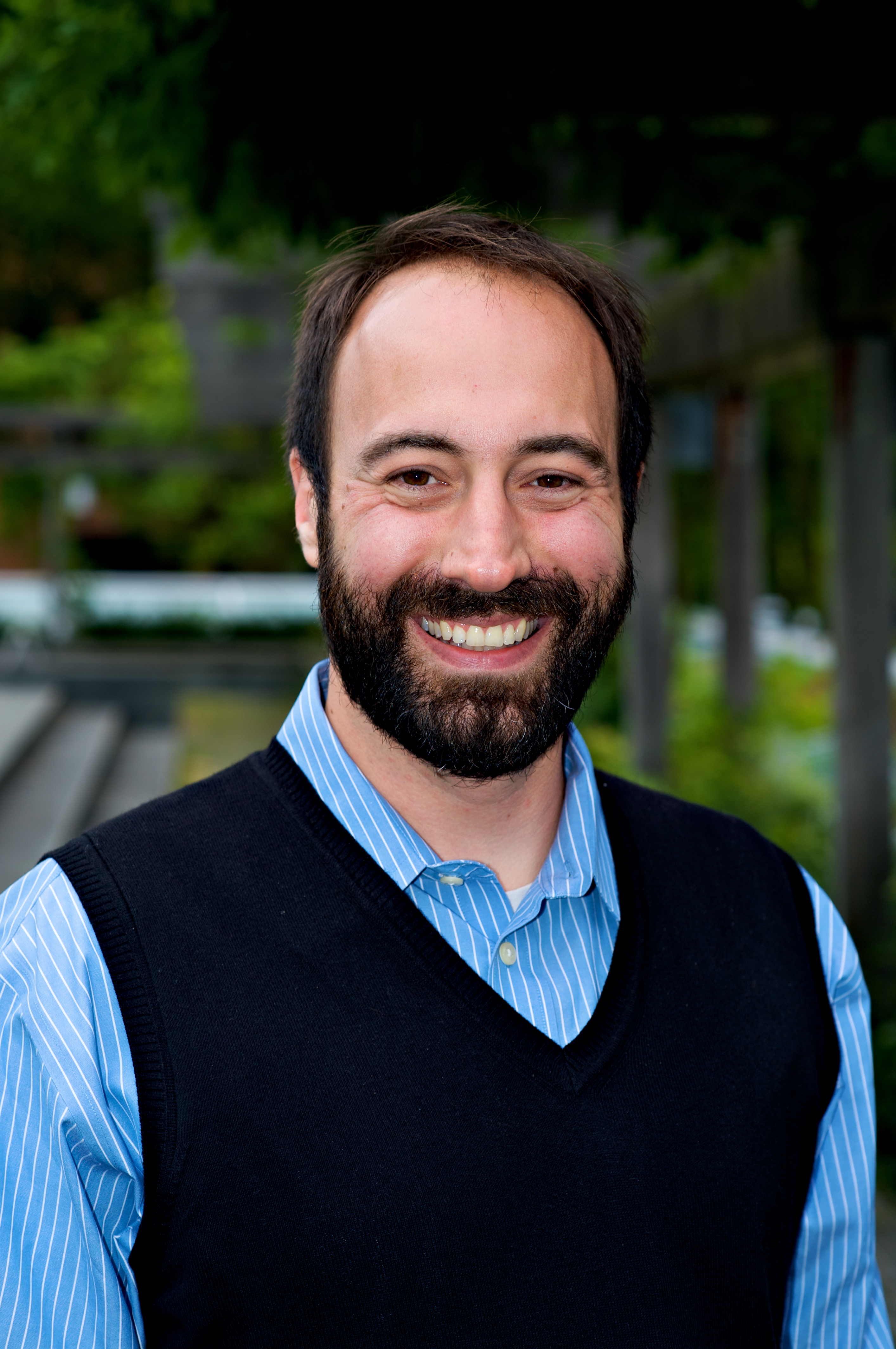
Ryan CALO
ワシントン大学 / University of Washington
准教授 / Associate Professor
"Tracing Seattle's Innovation Ecosystem"
Ryan Calo is the Lane Powell and D. Wayne Gittinger Associate Professor at the University of Washington School of Law. He is a faculty co-director (with Batya Friedman and Tadayoshi Kohno) of the University of Washington Tech Policy Lab, a unique, interdisciplinary research unit that spans the School of Law, Information School, and Paul G. Allen School of Computer Science and Engineering. Professor Calo holds courtesy appointments at the UW Information School, the UW Allen School of Computer Science and Engineering, and the Oregon State University School of Mechanical, Industrial, and Manufacturing Engineering. Professor Calo's research on law and emerging technology appears or is forthcoming in leading law reviews (California Law Review, University of Chicago Law Review, and Columbia Law Review) and technical publications (MIT Press, Nature, Artificial Intelligence) and has been frequently referenced by the mainstream media (NPR, New York Times, Wall Street Journal).
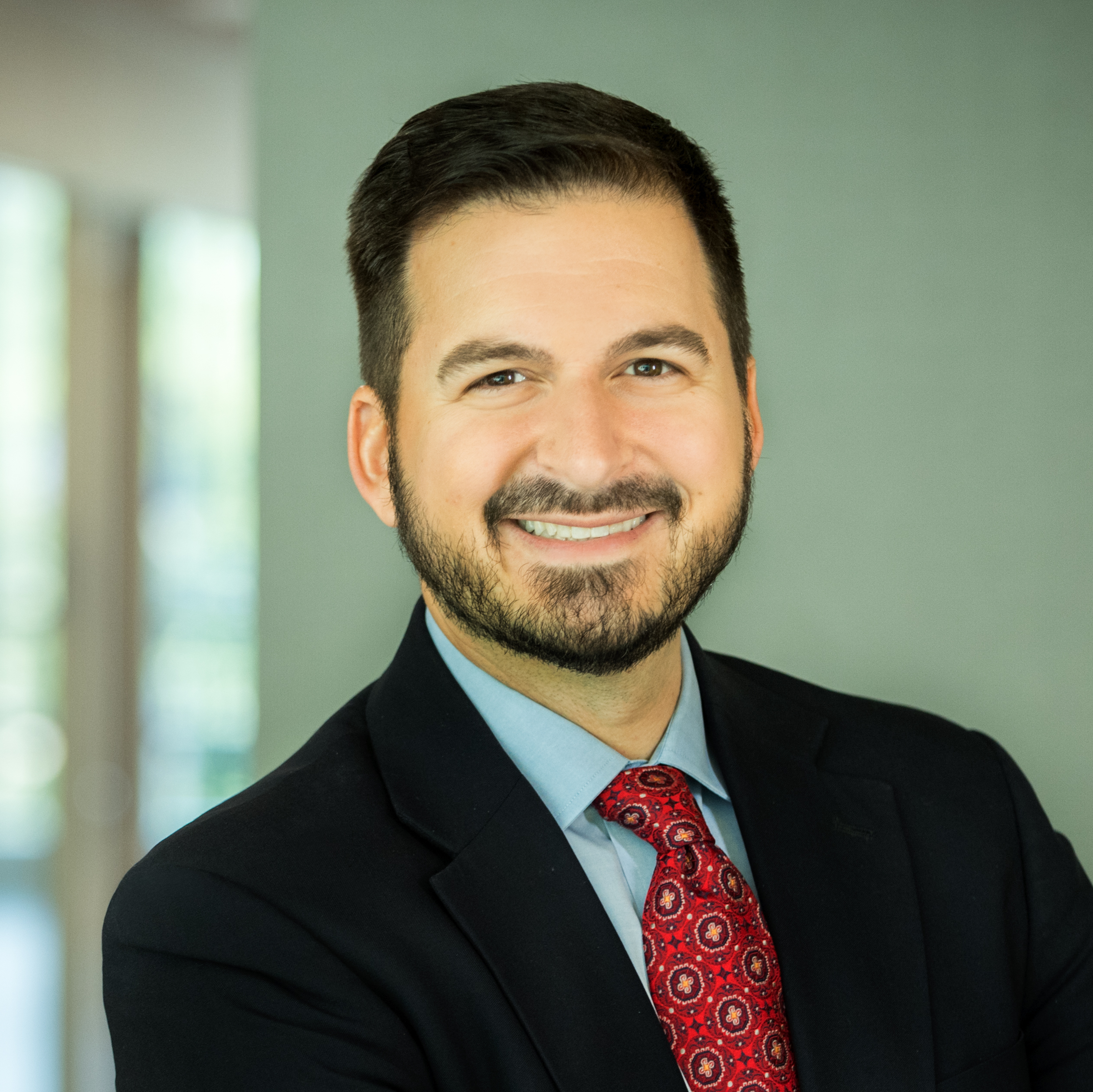
Woodrow HARTZOG
ノースイースタン大学 / Northeastern University
教授 / Professor
"New England as Silicon Valley’s Counterpoint"
“Move fast and break things” feels like the dominant ethos of Silicon Valley on the West Coast of the United States. On the East Coast of the United States, New England has quietly but consistently carved out a powerful position as Silicon Valley’s Counterpoint, which leverages New England’s civic tradition, deep and diverse higher education infrastructure, and proximity to Europe and ties with countries that have robust tech industries like Israel to build out a related but distinct vision for technological innovation in the modern world.
There are at least three interesting observations about New England as a Platform for a Sustainable Society. First, New England’s civic tradition and deeply held democratic values has shaped the area’s approach to technological innovation. New England is in many ways the birthplace of American democracy and, as a result, has placed a high value on autonomy and civic responsibility, which technology can enhance as well as jeopardize. New England’s commitment to civil rights and democratic participation helps frame all discussions around technological innovation without the same kind influence major tech companies have in Silicon Valley due to the proximity of their headquarters. Tech policy and enforcement efforts from legislators and state attorneys general such as the Massachusetts’s Attorney General’s office are generally progressive and robust.
New England’s port cities have also given rise to a great density and diversity of higher education institutions. Universities like Harvard, MIT, Northeastern, Boston University, and Tufts all have contributed to New England’s tech innovation complex in different ways, brining diverse perspectives imbued with a deep sense of ethics and artistry. For example, Northeastern University brings a deep commitment to the public interest and social justice to innovation.
Finally, Boston’s proximity to Europe has allowed it to position itself as a “second home” for many tech companies in the US and around the world. First, New England’s proximity and cultural and demographic ties to Europe has led to unique partnerships. Boston also serves as a “second home” that takes advantage of a growing university/industry complex, a dense city with mass transportation options, and a strong airport and easy travel from California and Europe. All of these features: a civic commitment, a diverse university pool, and an attractive proximity, culture, and infrastructure make New England an interesting coastal counterpoint to Silicon Valley in California.
Woodrow Hartzog is a Professor of Law and Computer Science at Northeastern University School of Law and the Khoury College of Computer Sciences. He is also a JILIS Senior Researcher, a Resident Fellow at the Center for Law, Innovation and Creativity (CLIC) at Northeastern University, a Faculty Associate at the Berkman Klein Center for Internet & Society at Harvard University, a Non-resident Fellow at The Cordell Institute for Policy in Medicine & Law at Washington University, and an Affiliate Scholar at the Center for Internet and Society at Stanford Law School. He is the author of Privacy’s Blueprint: The Battle to Control the Design of New Technologies, published in 2018 by Harvard University Press (Japanese translation forthcoming with Keiso Shobo Publishing). His book with Daniel Solove, Breached!: Why Data Security Law Fails and How to Improve It, is under contract with Oxford University Press.
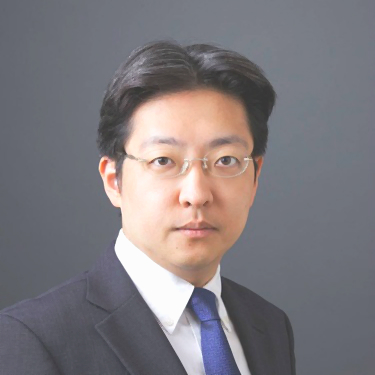
平山 賢太郎
九州大学 / Kyushu University
准教授 / Associate Professor
"島からみえる「公正な競争」(Fairness in competition from islands' perspective)"
In Japan, the Competition Act was enacted in 1947, and this Act operates as the basic law to ensure fair competition. Although global competition and island competition are different, issues facing islands will likely become issues for all people to consider.
The island of Iki in Nagasaki Prefecture is very famous for its tourism and fisheries industry. The population of this island is about 27,000 in 2015, but in fact, the population of Iki Island was over 50,000 in 1955, which means that the population has been declined by half. Ensuring and promoting fair competition means better and cheaper products and services for residents. However, this might be difficult to achieve under rapidly shrinking economy.
For example, free and fair competition among the banks for the interest rates on loans is important for companies on Iki island in order to obtain loans on favourable terms. However, one of the three bank branches located on Iki Island has closed its branch and withdrawn from the island. Furthermore, these two banks announced a few years ago that they would merge. As a result of this merger, there will be only one bank on Iki Island.
If the government prohibits the merger, the result may be that neither of the two banks on Iki Island will be able to obtain a sufficient amount of business. Both of these banks may eventually leave the island. The government published a new approach, which would approve mergers if the economy is so small that it is difficult for more than one company to survive in the geographical area.
The role of the government in ensuring fair competition on the islands is crucial, so that companies can have the opportunity to participate in fair and free competition. Furthermore, as Japan is a declining country with a shrinking economy, we will see similar cases in towns and villages across Japan in the near future.
Fair competition issues arising from a shrinking economy is rarely discussed in other countries, and thus our Japanese experience would serve as a helpful reference for professors and government officers in other countries.
Kentaro Hirayama is Associate Professor at Kyushu University and the founding partner of Hirayama Law Offices. Mr. Hirayama works primarily in the field of antitrust law. He worked for the Japan Fair Trade Commission (July 2007-June 2010), where he was a case manager in worldwide parallel investigations and engaged in information exchanges and other collaborations with foreign competition authorities. He has also been active as a non-governmental adviser (NGA) for the International Competition Network (ICN), a forum for national competition agencies worldwide.
* * *


